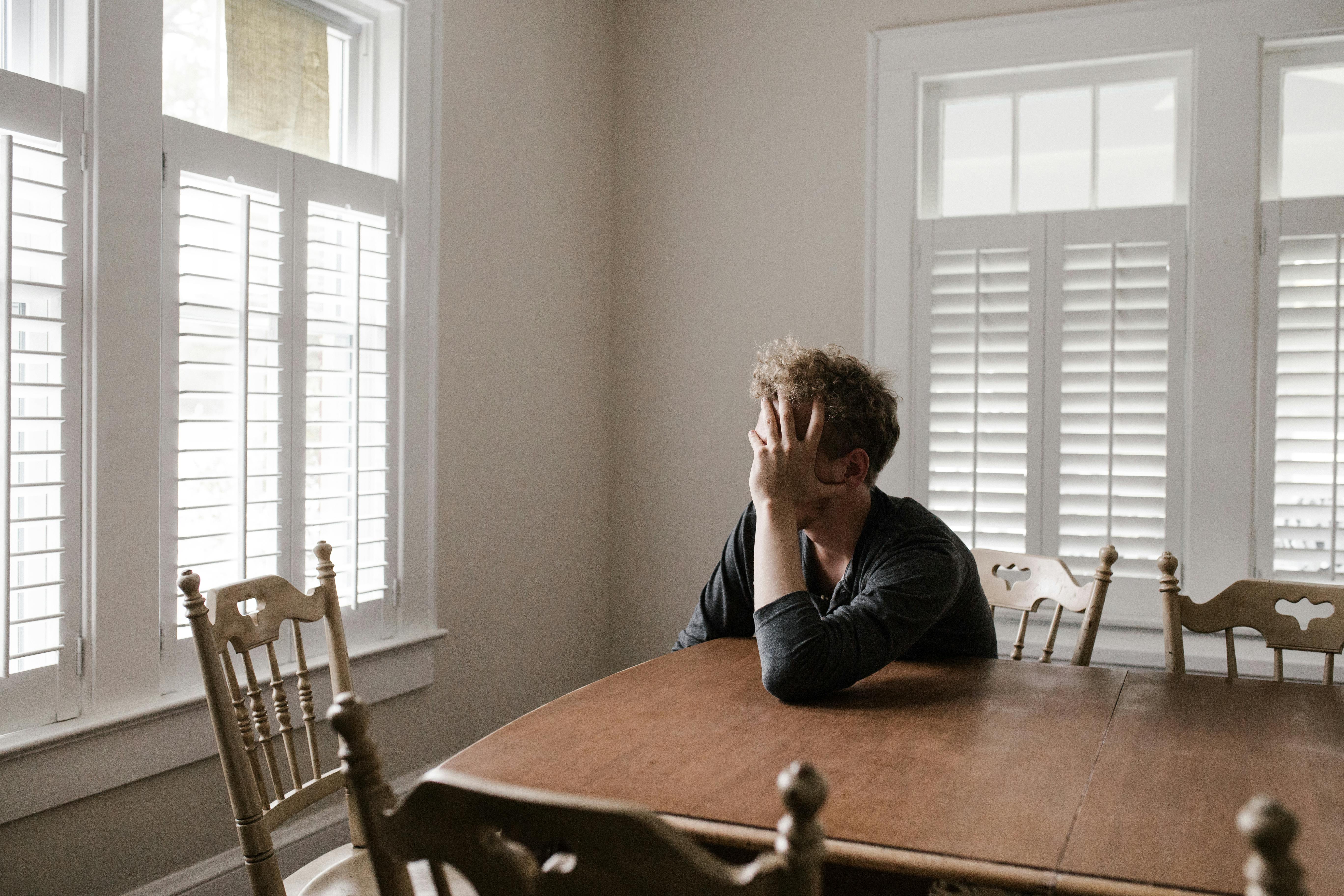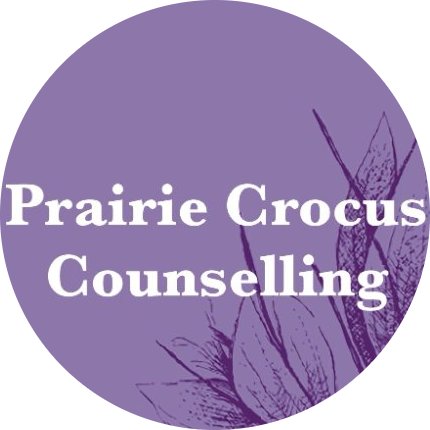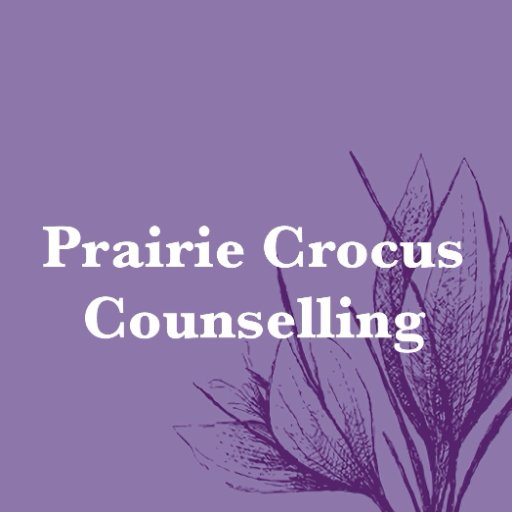Services
Prairie Crocus Counselling provides in-person and virtual therapy to people aged 18+. As I support clients navigate their path through life’s challenges, my goal is to create an open, emotionally safe, judgement-free space. Current offerings include individual therapy and relational counselling (couples).
My Specializations
Chronic Stress and Burnout
Strategies and support to manage stress, prevent burnout, and restore balance in your life.


Depression
Evidence-based approaches to help you address symptoms, reframe negative thoughts, and regain balance.
Anxiety & Anger
Therapy can help you understand and manage anger and anxiety, build better coping skills, and find more balance in your life.


Substance Use
Non-judgmental support to understand and address the connection between substance use and mental health.
Grief & Loss (including Divorce & Break-Ups)
Therapy provides a safe space to navigate grief, process emotions, and develop coping skills to help you adapt to life after loss at your own pace.


Relational/Couples Counselling
Therapy offers a supportive space to strengthen communication, rebuild trust, and deepen connections in your relationship.
Other Areas Of My Practice
Navigating Parenthood
Supporting self through the ever-changing journey
Complex Trauma
Childhood adversity
Interpersonal Conflict
Family/friends/colleagues, romantic partners
START YOUR JOURNEY
Ready to Begin?
Taking the first step toward healing and personal growth is an act of courage. Whether you’re seeking individual support, help for your relationship, or professional development, we’re here to guide you.
Book a Free 15-Minute Consultation to discover how we can work together to achieve your goals.
Stay Connected
Reach out today to learn more about our services and how we can support your journey toward healing and growth. We’re here to help you take the next step.
Prairie Crocus Counselling & Consulting is located on the original lands of the Annishanabeg, Cree, Oji-Cree, Dakota, and Dene peoples and the homeland of the Red River Metis Nation, now known as Treaty 1 territory. We acknowledge that the water we survive upon is sourced from Shoal Lake 40 First Nation.
We acknowledge that here on Turtle Island, for as long as the sun shines, the grasses grow, and the rivers flow, we are all Treaty people. Let us all work together toward what could have always been.
Copyright © 2025 Prairie Crocus Counselling. All Rights Reserved
Website developed by Hamza Haque

